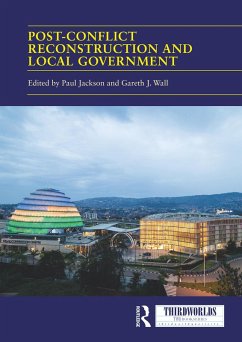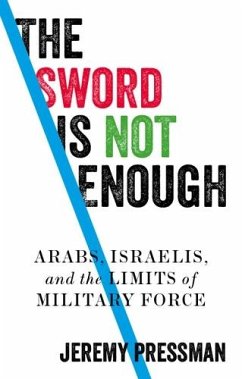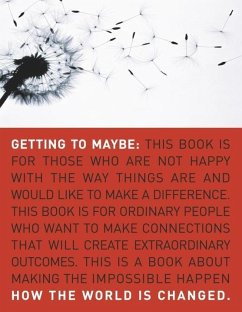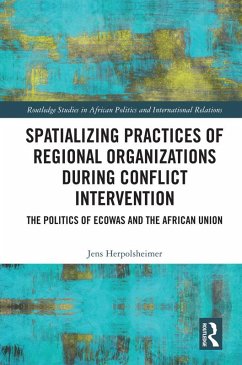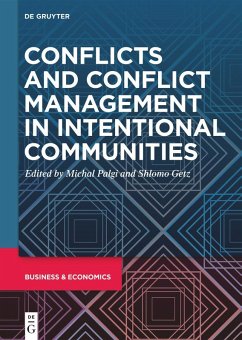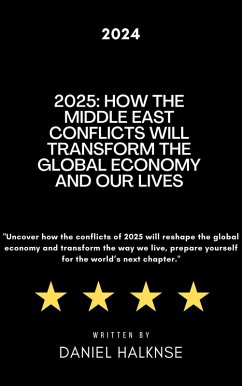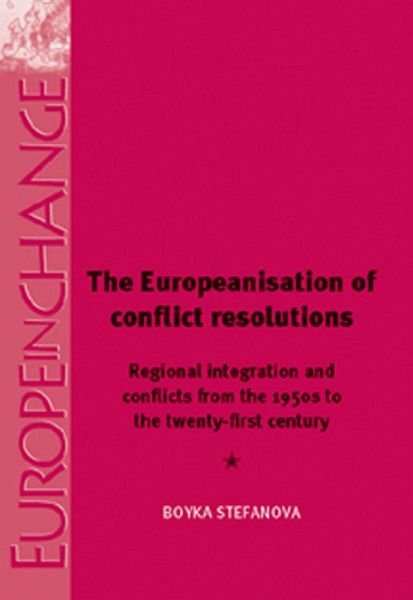
The Europeanisation of Conflict Resolutions (eBook, ePUB)
Regional integration and conflicts from the 1950s to the 21st century
Versandkostenfrei!
Sofort per Download lieferbar
25,95 €
inkl. MwSt.
Weitere Ausgaben:

PAYBACK Punkte
13 °P sammeln!
This book is about the EU's role in conflict resolution and reconciliation in Europe. It examines critically important cases: the exemplary process of the Franco-German reconciliation during the 1950s, the EU's involvement in reconstructing peace in Northern Ireland, the conflict in Cyprus, and Kosovo's independence.
Dieser Download kann aus rechtlichen Gründen nur mit Rechnungsadresse in A, D ausgeliefert werden.





